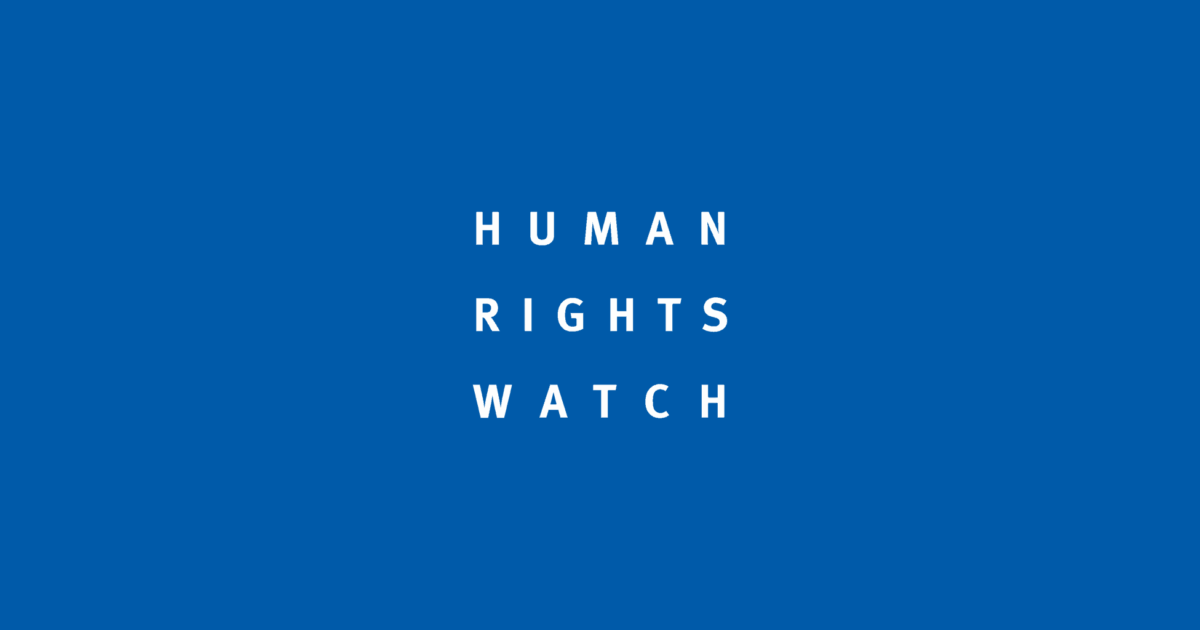Central African Republic
The Central African Republic (CAR) has been engulfed in violent armed conflict since 2013, and conflict-related insecurity has left women and girls vulnerable to forced marriage, abduction, and especially sexual and gender-based violence; according to the International Development Monitoring Centre, 68% of girls in CAR are married before the age of eighteen. Women in the CAR continue to be largely excluded from peacebuilding and reconstruction efforts and have even been subjected to violence perpetrated by UN peacekeepers. Deployed in April 2014, the United Nations Multidimensional Integrated Stabilization Mission in the Central African Republic (MINUSCA)is mandated to protect women, monitor and report on violations against women, adhere to the zero-tolerance policy on sexual exploitation and abuse, ensure women’s full participation in conflict resolution and elections, and incorporate gender as a cross-cutting issue. To further this progress, based on the work of NGOWG members and their partners, the NGOWG advocates for more thorough monitoring of UN peacekeepers in CAR to ensure that no exploitation and abuse occurs on their watch.
Central African Republic
The Central African Republic (CAR) has been engulfed in violent armed conflict since 2013, and conflict-related insecurity has left women and girls vulnerable to forced marriage, abduction, and especially sexual and gender-based violence; according to the International Development Monitoring Centre, 68% of girls in CAR are married before the age of eighteen.
Women in the CAR continue to be largely excluded from peacebuilding and reconstruction efforts and have even been subjected to violence perpetrated by UN peacekeepers. Deployed in April 2014, the United Nations Multidimensional Integrated Stabilization Mission in the Central African Republic (MINUSCA) is mandated to protect women, monitor and report on violations against women, adhere to the zero-tolerance policy on sexual exploitation and abuse, ensure women’s full participation in conflict resolution and elections, and incorporate gender as a cross-cutting issue. To further this progress, based on the work of NGOWG members and their partners, the NGOWG advocates for more thorough monitoring of UN peacekeepers in CAR to ensure that no exploitation and abuse occurs on their watch.
Current and Past Recommendations to the UN Security Council (Monthly Action Points)
The Security Council is expected to review the Central African Republic (CAR) sanctions regime Panel of Experts (PoE) mandate in February. The situation in CAR continues to be serious, with persistent violence, insecurity, and political and religious tensions. Although non-violent elections were held at the end of December 2015, more than a quarter of the population still remains displaced and widespread attacks on civilians continue, which may amount to war crimes and crimes against humanity, including exceedingly high rates of sexual and gender-based violence (SGBV) against women without necessary services and/or judicial recourse in many areas of the country. Further, there have been documented cases of perpetrators targeting women and girls suspected of interacting with people on the other side of the sectarian divide. It is imperative that human rights continue to be monitored and individuals and entities participating in acts that undermine peace, stability and security in CAR are identified. In the mandate of the PoE, the Security Council should:
- Call for the collection and analysis of information on violations of human rights, including SGBV, exploitation and abuse by all parties, including targeting women and girls, through consultation with civil society organizations during field visits (per SCR 2122 (2013), OP 6) and briefings by the SRSG on SViC & UN-Women (per SCR 1960 (2010), OP 7);
- Call for the inclusion of gender expertise in the PoE to support the consideration of gender as a cross-cutting issue across the work of the PoE and the Committee (per SCR 2242 (2015), OP 6); and
- Call for the inclusion of information on the situation for women, including sex and age disaggregated analysis of data collection, and gender analysis throughout all interim and annual reports.
The Security Council is expected to review the Central African Republic (CAR) sanctions regime Panel of Experts (PoE) mandate in February. The situation in CAR continues to be serious, with persistent violence, insecurity, and political and religious tensions. Although non-violent elections were held at the end of December 2015, more than a quarter of the population still remains displaced and widespread attacks on civilians continue, which may amount to war crimes and crimes against humanity, including exceedingly high rates of sexual and gender-based violence (SGBV) against women without necessary services and/or judicial recourse in many areas of the country. Further, there have been documented cases of perpetrators targeting women and girls suspected of interacting with people on the other side of the sectarian divide. It is imperative that human rights continue to be monitored and individuals and entities participating in acts that undermine peace, stability and security in CAR are identified. In the mandate of the PoE, the Security Council should:
- Call for the collection and analysis of information on violations of human rights, including SGBV, exploitation and abuse by all parties, including targeting women and girls, through consultation with civil society organizations during field visits (per SCR 2122 (2013), OP 6) and briefings by the SRSG on SViC & UN-Women (per SCR 1960 (2010), OP 7);
- Call for the inclusion of gender expertise in the PoE to support the consideration of gender as a cross-cutting issue across the work of the PoE and the Committee (per SCR 2242 (2015), OP 6); and
- Call for the inclusion of information on the situation for women, including sex and age disaggregated analysis of data collection, and gender analysis throughout all interim and annual reports.
Relevant Resources









